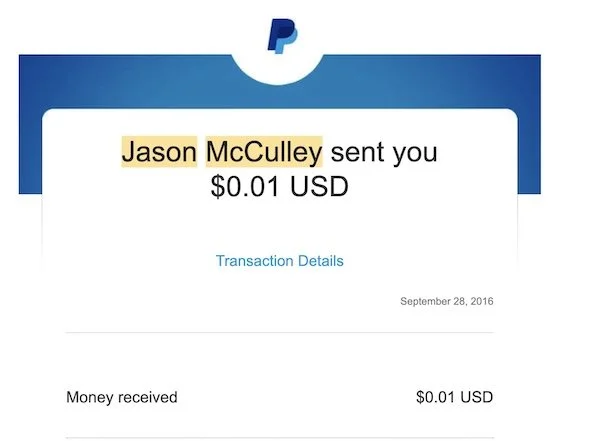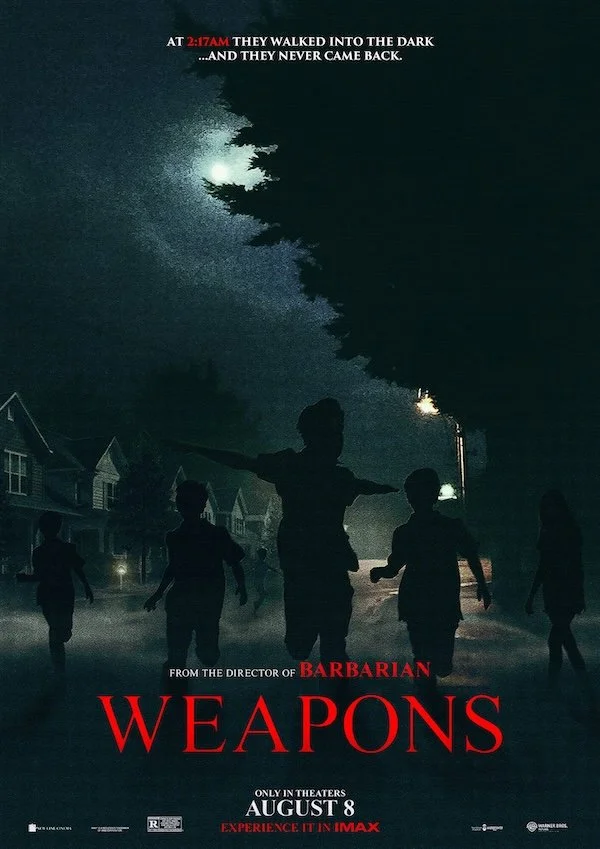Mailbag #148
/I cringe at a lot of what comes out of many performers mouths but one in particular that is so easy to avoid is all this crap around one’s “favorite card”. “Tell me your favorite card”. “What’s your favorite card?” “Do you have a favorite card?” Etc. this can be extended to all questions regarding the suits too.
News flash, normal people don’t have a favorite card or suit. Normal people spend zero time thinking about decks of cards and certainly not individual cards or suits. Bigger news flash, since most Magi’s almost always prefer female participants, the odds of that person answering these types of questions with any genuine response is near zero. If anything it stunts the interaction because it’s such a weird dumb question that the participant has never pondered (nor should have). I think it makes the Magi look really out of touch and negatively affects the effect. Especially when it’s so easy to give a more genuine line. Only semi serious+ card players have favorites and even those favorites aren’t usually single cards but rather a favorite dealt hold ‘em hand.
Think of a card?
Think of a suit?
Pretty simple.
—SK
Magicians often share the mentality of children.
If a kid loves Paw Patrol, he assumes you do too. “Zuma’s my favorite! Who’s yours? Is it Rocky? Is it Marshall?”
And you’re sitting there thinking, I haven’t watched three seconds of this shit in my life.
Children are narcissists who think everyone should give a shit about their world and their interests.
Magicians are similar.
“What’s your favorite card?” comes from this mindset.
(In life, it’s always best to assume people aren’t as invested in your interests as you are. This means it’s incumbent on you to make them interested if you’re going to ask for them to devote some time to what you’re doing.)
Now, you may have a trick where the premise requires a card they have some appreciation for. In that case, you can just spread the deck face-up and have them remove “any card you’re drawn to.” This can be interpreted by them as a “favorite” card, or it can be interpreted as a random card they’re “drawn to” in the moment.
If you can’t spread the deck, ask for “a value you like” followed by “a suit that appeals to you.” This, again, can be interpreted as a “favorite” or just what they happen to be drawn to at that time.
And, of course, when it comes to mindreading you would generally want to steer people away from a favorite card. Don’t waste a method to end up “predicting” the Queen of Hearts or Ace of Spades for someone’s favorite card. They’ll just walk away thinking, “That’s probably a lot of people’s favorite card.”
But Andy, you’re thinking, it’s better to predict something personal to them. That’s why I ask for their favorite card.
I understand. But you’re forgetting the whole point. Most people don’t have a “favorite card.” If you actually wanted to reveal something personal, you wouldn’t be starting with a deck of cards in the first place.
This time I’m not sure you’ll be able to help me—it’s more of a vent than a question. In my country there’s a curious phenomenon: bad magicians become hugely successful. A perfect example is the duo Henry and Klauss. They look more like a country music act than illusionists, but they went on one of the most popular podcasts and performed the classic “calculator trick” in the worst way possible. Even without understanding the language, you can see the trainwreck:
If you check the comments, 99% of the audience figured out the method. And yet, they’re billed as “the greatest illusionists in Latin America.”
That got me thinking: I do corporate shows, and I also consult for other magicians in that market. Even when we aim for the best execution possible, there’s always that inevitable comparison: “oh, I saw Henry and Klauss do that.” It’s striking how hard it is for audiences to notice the difference between a good magician and a terrible one.
In other professions, the distinction is clearer: people say someone is a good lawyer, a good doctor, a good mechanic—because they solve problems. When they don’t, they’re seen as bad or mediocre. In magic, that bar is blurred—just show up a lot and you become a “reference.”
My question is: how can you truly set yourself apart so that the audience actually notices? Because sometimes I think that even if it were you (or any other great magic thinker) performing the same “calculator trick,” the lay audience might not catch the difference. And I’m not talking about creating radical experiences like this.
That’s just not viable in the corporate setting. Of course, you can insert more immersive moments (and I already do), but is there really a way to stand out when we’re often using the same effects as everyone else?—XX
You’re right, I can’t help you. This site is of limited value to someone performing in the corporate setting, as my whole “style” is designed around capitalizing on interactions with friends in social situations.
That said, I will try to give you a “bright side” to consider.
For most of my life, “professional magician” was treated as the gold standard because the bar for social magic was so low. On forums like The Magic Café, you’d get dismissed as “just an amateur” or “just someone who performs for friends,” as if most of these professional magicians weren’t just doing recycled tricks with recycled patter for half-interested audiences.
Here’s the bright side: Recognizing the limitations or professional performing means that you’ve seen how great the potential is in social performing. That’s a good thing. It’s like you’ve been giving lap dances and you realize it will never quite be as intimate as making love. Certainly that’s better than giving lap dances thinking, “This is as good as it gets.”
If I were in your position, I’d accept there’s a ceiling to how strong magic can be in those environments. Hit that ceiling consistently, and don’t worry about it beyond that. Congratulations, you are now a successful corporate performer.
If your goal is something bigger—TV, a theater show, whatever—you’re not going to leap straight there from corporate gigs anyways. At best, those shows open the door to making new contacts. The real opportunities come when you can meet with and perform for those decision-makers outside the corporate environment. These are moments where they see you as more than “the guy who did tricks at the conference.” Those are the pivotal performances worth pouring your creativity, ingenuity, and uniqueness into.
And if you’re happy staying in the corporate lane, just acknowledge its limits and make sure you’ve got an outlet elsewhere. Use social performance as a laboratory to do the personalized, affecting stuff you can’t get away with in a ballroom full of salespeople.













